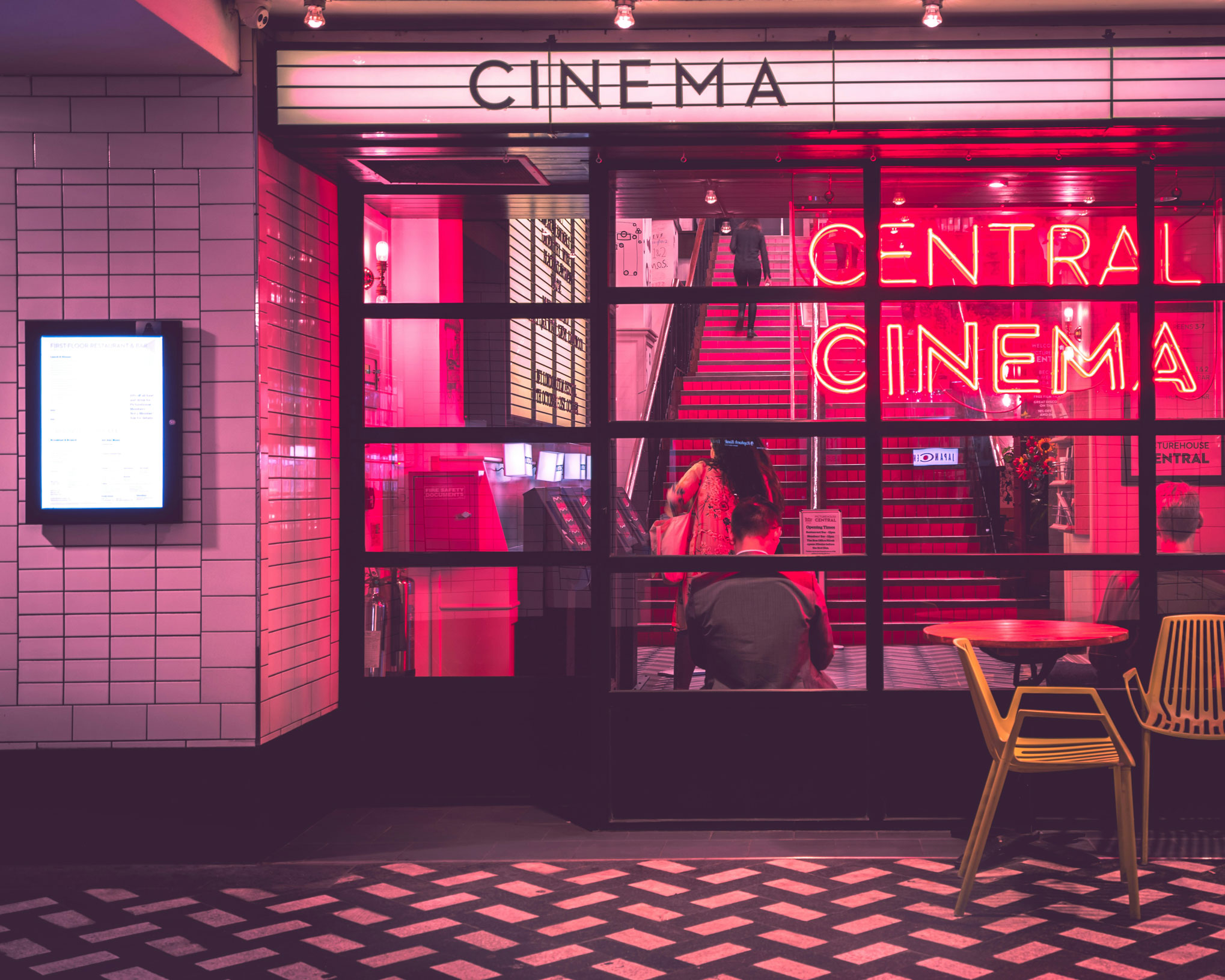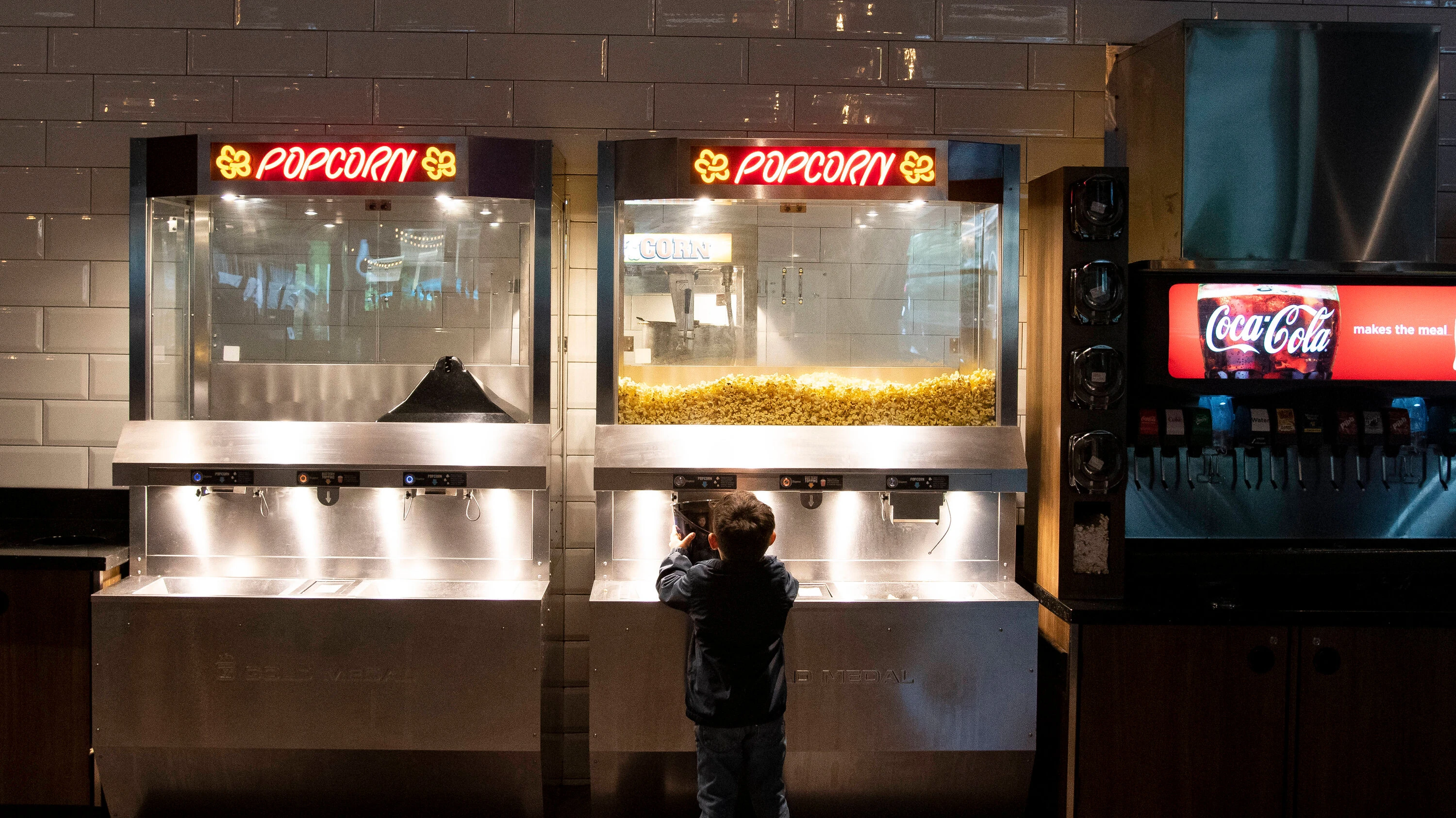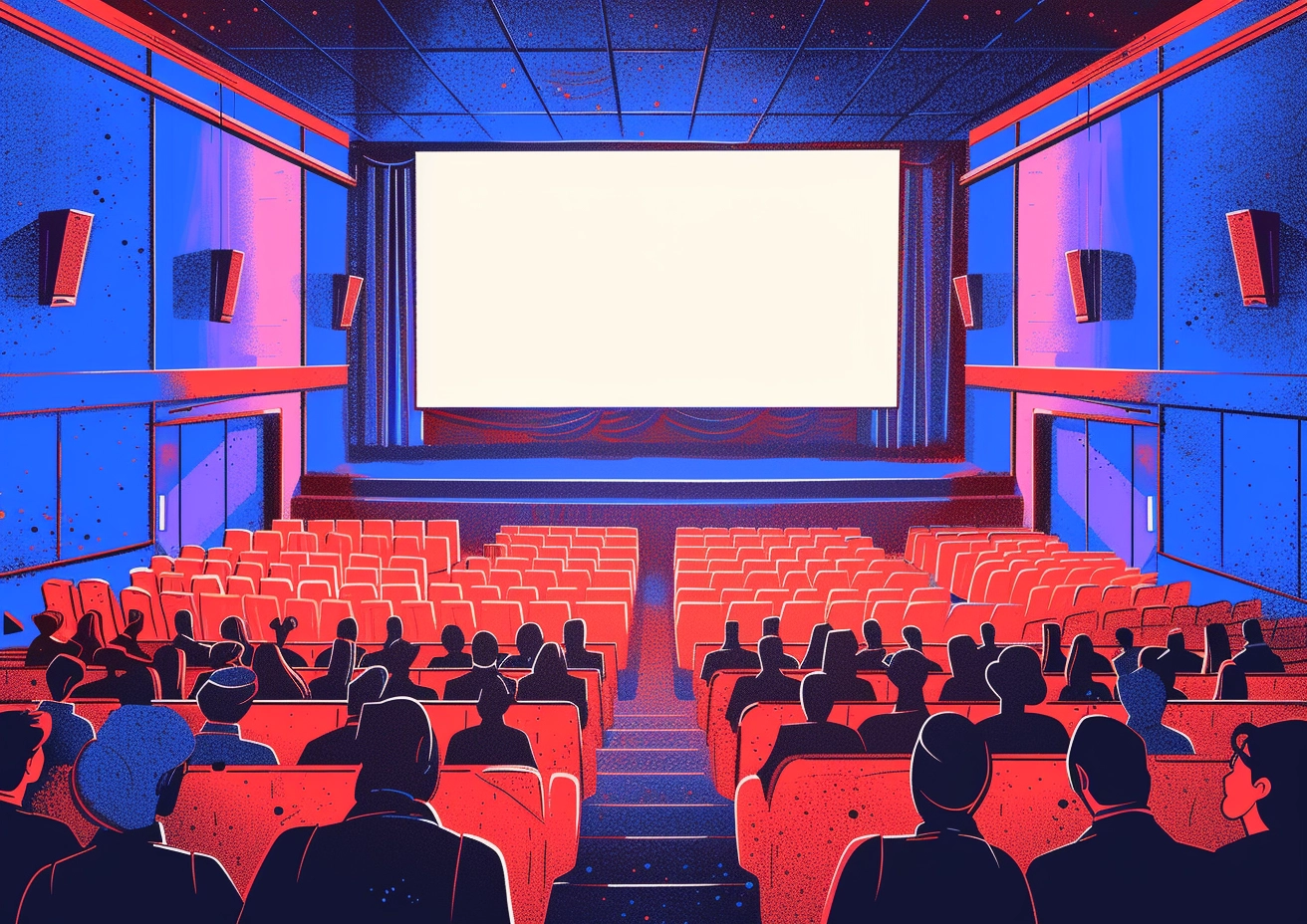The Future of Movie Going: Eliminating Lines with Mashgin AI

In the age of instant gratification, where streaming services bring cinema to our living rooms, movie theaters face the ongoing challenge of offering an experience that persuades audiences to step outside their homes. One of the less glamorous aspects of the movie-going experience, often cited as a deterrent, is the inconvenience of long lines—whether for tickets, concessions, or even restrooms. However, a revolution is on the horizon, one that promises to redefine our cinema outings: the integration of AI technology to eliminate these lines.
The Bottleneck at the Concessions Stand
For many, a trip to the movies is incomplete without the quintessential popcorn and soda in hand. Yet, the anticipation of these treats is frequently marred by the sight of long, slow-moving lines at the concession stand. This is not just a minor inconvenience; it's a disruption that can detract from the overall enjoyment of going to the movies, potentially deterring patrons from indulging in cinema snacks or even from visiting the theater altogether.
The Cost of Waiting
The implications of long wait times extend beyond mere frustration. They represent a significant operational challenge for theaters, impacting customer satisfaction and overall sales. When customers spend more time in line, they have less time to enjoy their purchases and the pre-show atmosphere. Moreover, the longer the line, the greater the likelihood that potential sales will walk away, choosing to forgo snacks rather than endure the wait.
A Glimpse into a Streamlined Future
Imagine a scenario where the bottleneck at the concessions stand is a relic of the past. This vision is closer to reality than one might think, thanks to advancements in AI technology. By adopting autonomous checkout systems, movie theaters can dramatically reduce wait times, streamline operations, and significantly enhance the movie-going experience. These systems recognize all items placed in the checkout area without any input from the customer or employees, slashing checkout times to a fraction of what they once were.
Mashgin: A Case Study in Efficiency
The potential of such technology is not merely hypothetical. Consider the success story of BMO Stadium, home of LAFC, which implemented Mashgin AI self-checkout systems. The results were nothing short of transformative: the median transaction time plummeted to just 12.5 seconds—approximately four times faster than traditional self-checkout systems. This efficiency meant not only shorter wait times for fans but also more time enjoying the game. Moreover, the ease of purchasing food led to increased consumption and a better overall experience, encouraging fans to return.
Applying this technology to movie theaters, Mashgin promises to offer a similar revolution. By eliminating lines, theaters can not only improve customer satisfaction but also increase sales and encourage repeat visits. The implications for the future of movie-going are profound: a seamless, more enjoyable experience from the moment patrons enter the theater until the end credits roll.
In conclusion, as we look towards the future of cinema, the integration of AI technology like Mashgin's AI self-checkout stands out as a key innovation. By addressing the long-standing issue of wait times, theaters can offer a movie-going experience that meets the high expectations of today's audiences, ensuring the magic of the movies remains not just in the stories on screen but in the entire experience of going to the cinema.

